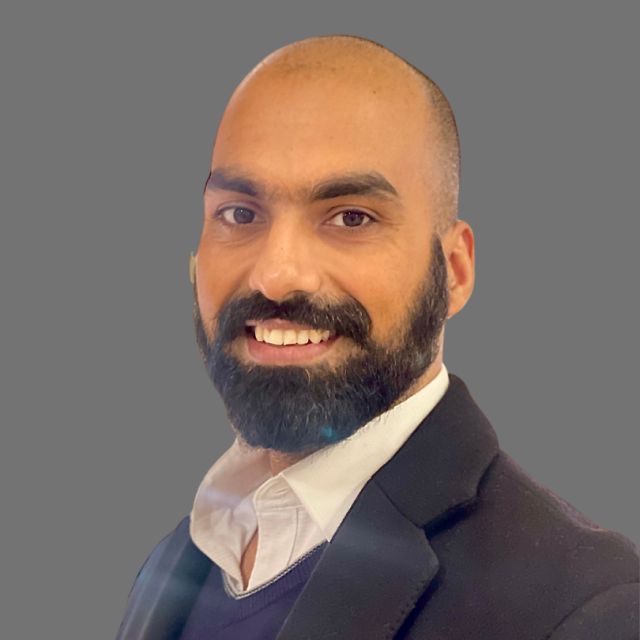
Aakash Narwal
Life Transformation Coach/Spiritual Mentor/Stress, Procrastination, Self confidence Mentor at Aakash Narwal Spiritual Life Coaching
My coaching philosophy integrates ancient wisdom with modern insights, emphasizing mindfulness, ancient breathing techniques, and practical strategies tailored to today's fast paced world. I believe in empowering clients to cultivate self awareness, manage stress, and enhance resilience through personalized coaching programs.
Central to my approach is the conviction that every individual possesses inherent potential for growth and greatness. I facilitate this journey by helping clients align their actions with their core values and aspirations, fostering authenticity and personal fulfillment.
Beyond individual coaching sessions, I am committed to fostering conscious leadership and holistic well being within organizations. I work with organizational leaders to cultivate emotional intelligence, promote a culture of accountability, and enhance team cohesion. These elements are essential not only for personal growth but also for building resilient, high performing teams capable of achieving sustainable success.
Driven by a passion for service and community impact, I engage in speaking engagements and workshops aimed at promoting resilience, well being, and conscious leadership. I invite you to join me on a transformative journey towards unlocking your potential, achieving balance, and living a purpose driven life. #Leadership #SpiritualIntegration #PersonalGrowth #knowthyself #manifestationtechniques #visualisationtechniques #executivecoaching #leadershipcoaching #spiritualcoaching #manifestation
My Mentoring Topics
Spiritual & Mindfulness Coach: Guiding clients in developing mindfulness practices and spiritual awareness to enhance their overall well being and inner peace.
Bespoke Coaching Programme Designer & Facilitator: Creating and leading customized coaching programs that address the specific needs and goals of individuals and organizations.
Mindfulness: Teaching techniques and practices that promote present moment awareness and mental clarity.
Mental health: Offering support and tools to improve emotional well being and cope with stress, anxiety, and other mental health challenges.
Conscious living: Encouraging and guiding clients to live with intention, awareness, and alignment with their values and purpose.
Finding your purpose: Assisting clients in discovering their life’s purpose and creating a plan to achieve it.
Spiritual Guidance: Providing insights and support to help clients navigate their spiritual journey and deepen their connection to their inner self.
Counselling: Offering professional advice and support to help clients overcome personal challenges and improve their mental and emotional health.